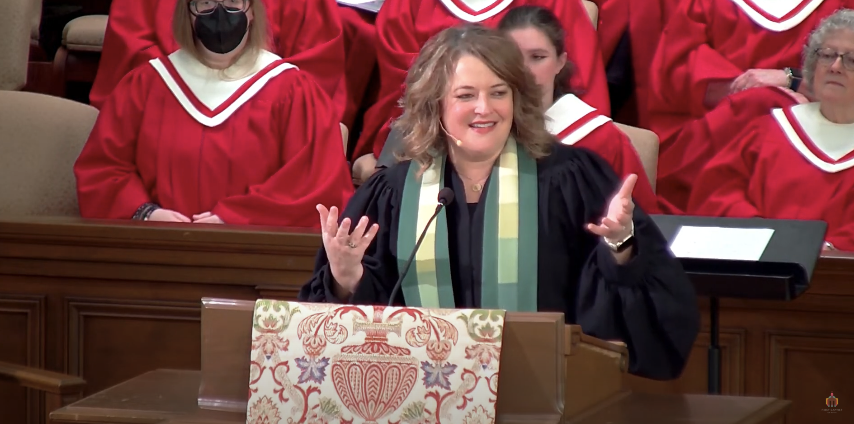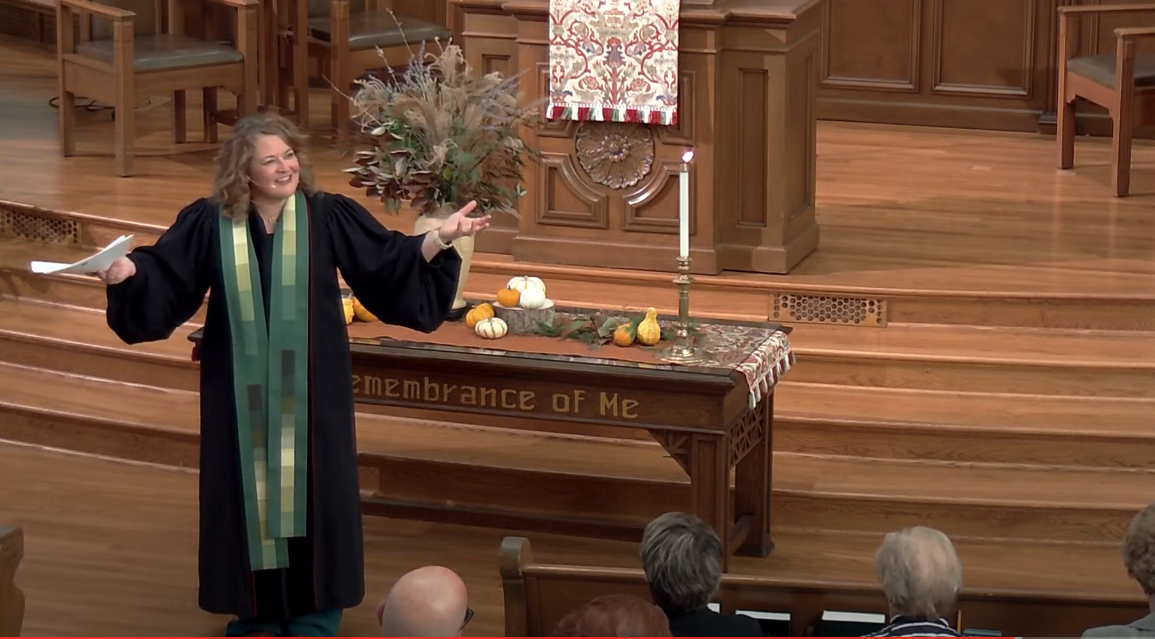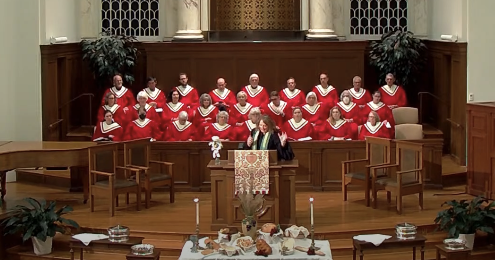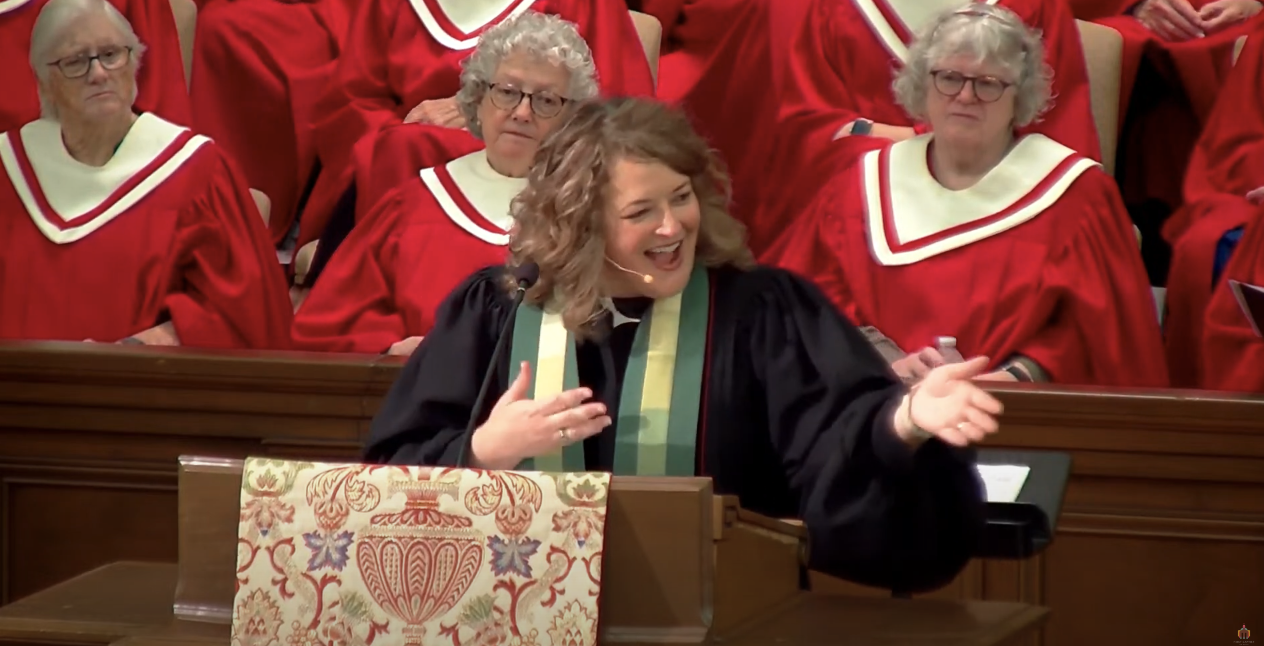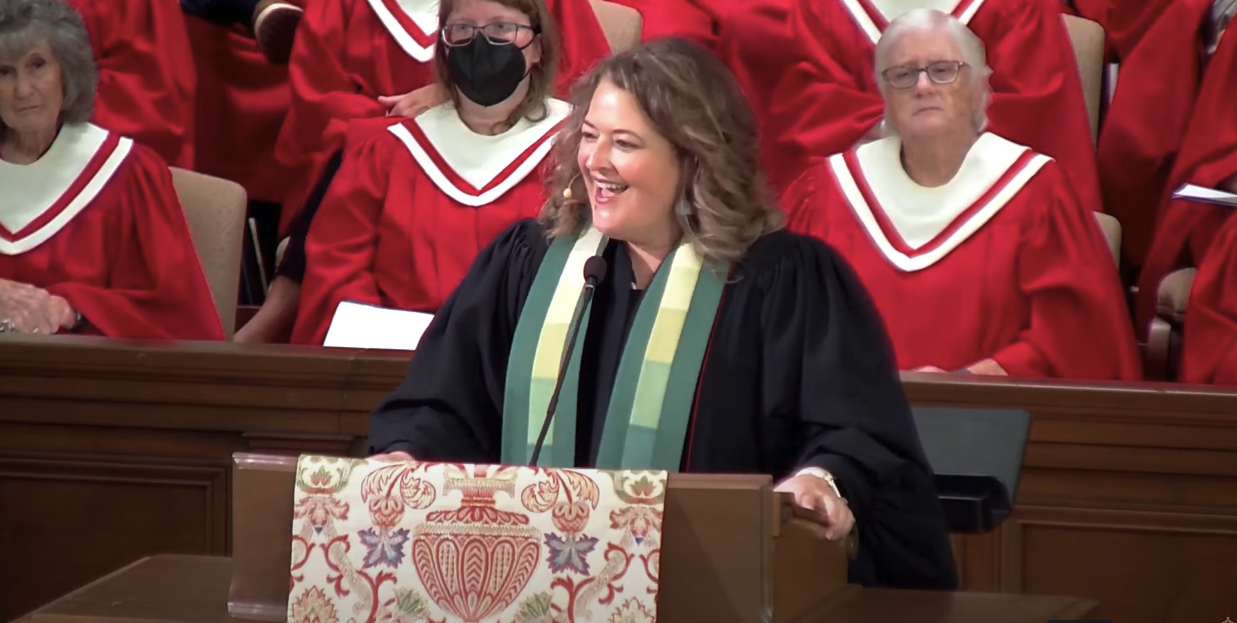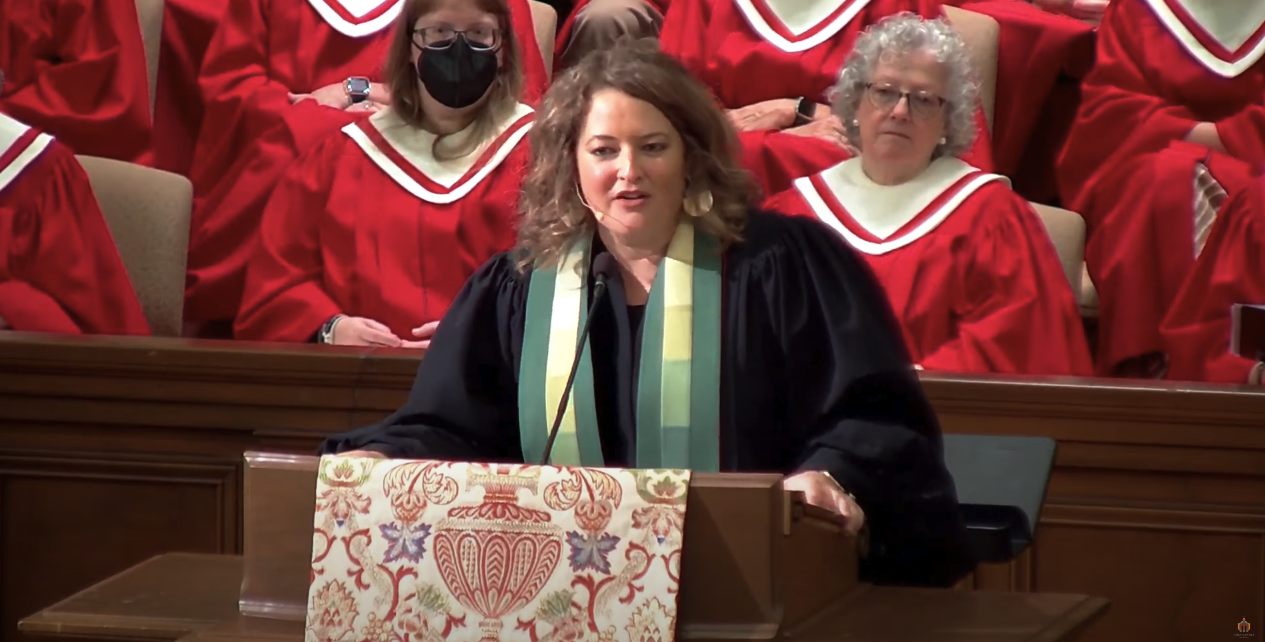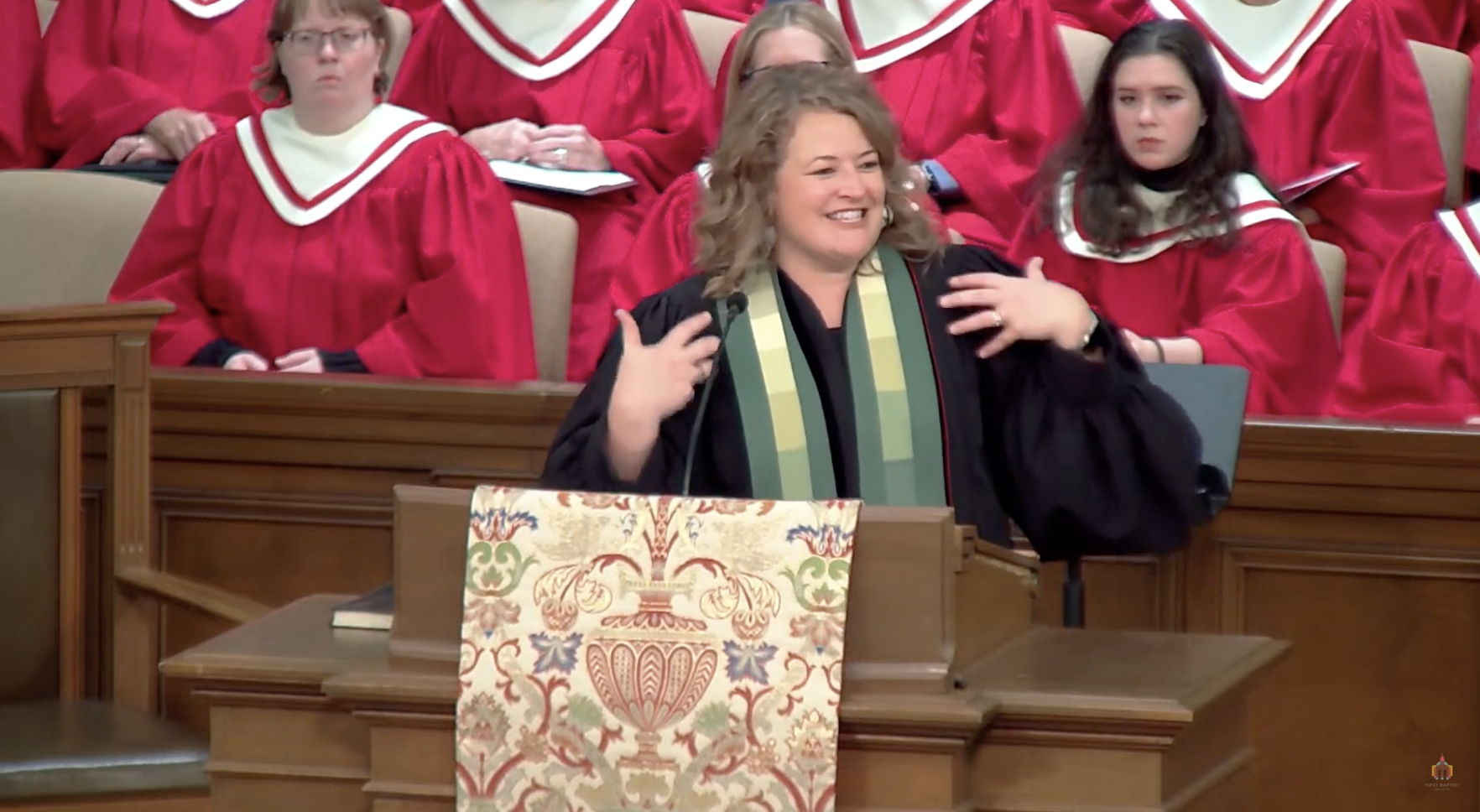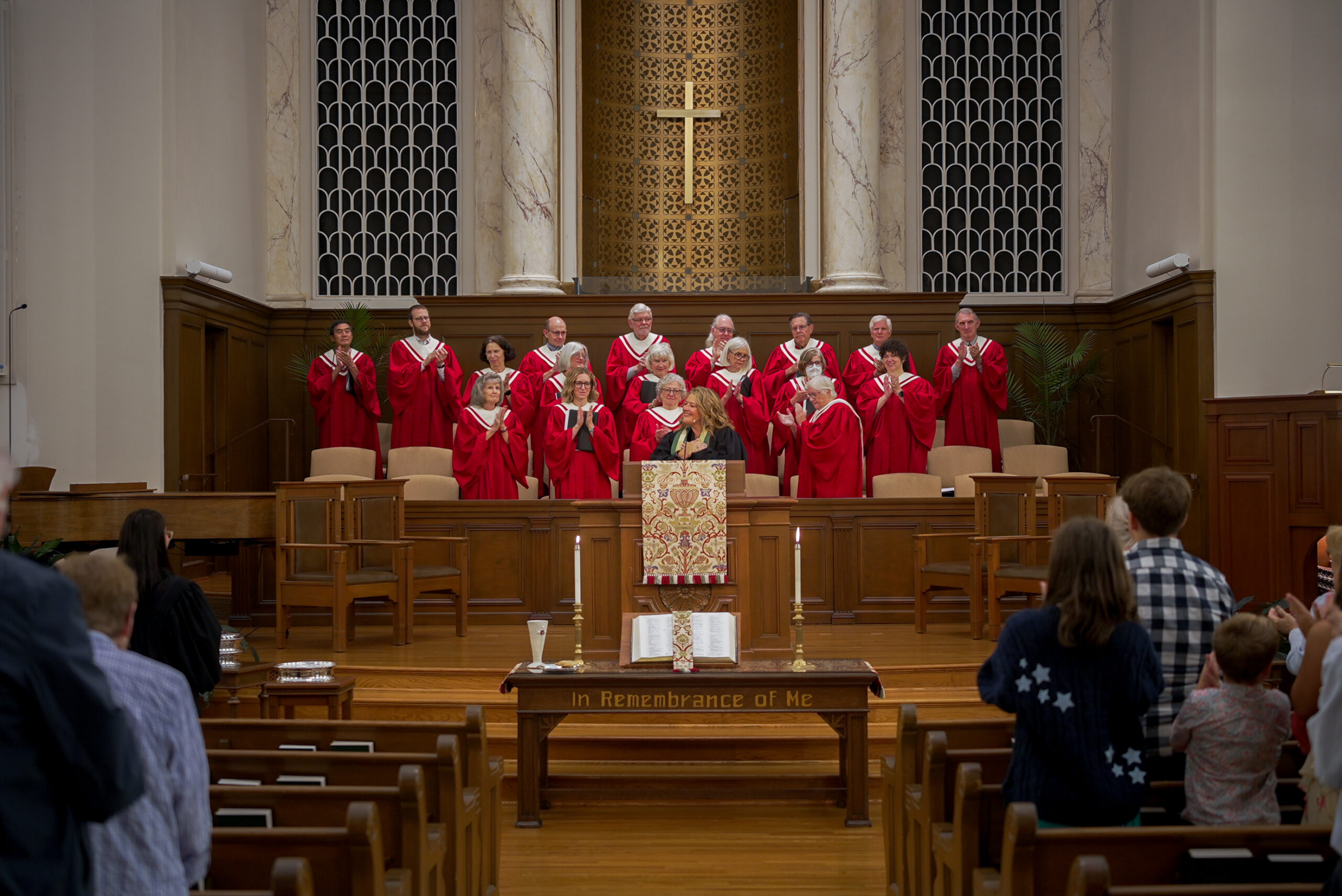I.There once lived a water carrier. Every morning, as soon as the sun rose, she walked from her home to collect water in two earthen pots that hung from a long pole that she carried across her shoulders. One pot was perfectly formed, the other, although the same shape and size as its counterpart, had a crack in its side. So, whenever they returned to the water carrier’s house it was only ever half full.
For years, the water carrier repeated her journey to and from her house collecting water from the river. As the years passed by, the cracked pot created a story in its head about its level of worthiness and inability to properly perform the job for which it had been created. Eventually, the pain and shame that it felt about its own perceived imperfections, became too much for it to bear. So, one day as the water carrier knelt beside the river and began her usual task of filling the pots with water, the cracked pot found its voice and said;
“I am so sorry. For years and years, I have watched you fill me with water and I can only imagine what a fruitless task it must be for you. As whenever we return to home, I am only ever half full. While in comparison, the other pot is perfect, rarely does it lose a drop of water on our long walk back to our home, but me, I am far from perfect. This crack in my side, not only does it cause me so much hurt and shame, but it must also cause you to want to get rid of me. Surely, I am only making this long, arduous job that you do each day, that much more difficult? I can understand if you are thinking of getting rid of me and replacing me with another perfectly formed pot.”
The water carrier listened to these words with both care and compassion. The cracked pot’s story of unworthiness and shame was not one that she recognised. For this was not what she thought of the pot. She knew about the crack, but did not see it as an imperfection, or as something that made it less worthy than the other pot that hung from her shoulder.
Gently she turned to the pot and said, “On our return walk home, I want you to look up and to the side of you. For too long, it would seem you have been looking down, comparing yourself to others and not noticing how you and the crack that you have in your side has brought untold beauty into my life”
Puzzled, the Cracked pot wondered what on-earth her words meant. She seemed to be suggesting that its story of lack, unworthiness and shame, was in some way faulty. As to how this could be, it could not comprehend.
However, the Cracked Pot trusted the water carrier. It occurred to it that in all the time that it had journeyed with her, she had never said a harsh word, never scorned or ridiculed it, but had always shown a sense of gratefulness and care when filling it with water.
So, on the return journey it heeded the water carrier’s words. It looked up and it looked out. In its former depressed state, it had not noticed that along the path that they traveled there was a dazzling array of beauty, color and life. The water carrier in her wisdom, knowing of the crack in the pot’s side, had sprinkled seeds along the path. These seeds were duly watered every day as a result of the crack in the pot’s side and the path that had once been barren and devoid of life was now resplendent with an array of beautiful wild flowers.
Now, the cracked pot understood. Now the cracked pot began to see itself in a new light. Now it understood that indeed it had been telling itself a faulty story. If its experience of being a ‘cracked pot’ was going to change then it would have to change the story that it was telling itself.
II.The stories we tell ourselves can have such a grip on us, don’t they? We’ve talked this fall about the durable stories, the ones that just don’t quite ease up. And today, we consider the story of a man, following Jesus toward a church who needs some hope, and the treasure in a clay jar he offers to them. That man is called Paul.
“Therefore, since it is by God’s mercy that we are engaged in this ministry, we do not lose heart,” Paul begins in this section of the letter he wrote to the church at Corinth. He knew the region well. He had been there a couple of times, guiding the fledgling community of Christians there in their way of being together. And to Paul, the ministry of which he speaks might be the ministry of community. Of being together in all our differences. Of refusing despair when all is not well, and holding fast to hope to know that someday, all shall be well. Of risking something big for something good. Of not losing heart.
In the letter we call First Corinthians (that we read from last week), Paul offers images and corrections for a Christian community finding their way. And here in this second letter, he builds on those themes, far more concerned here with what’s happening inside the church than how Christians act outside of it. For it’s God’s mercy that sustains Paul, and God’s mercy that sustains the church. The light of Christ shines through our imperfections, Paul says, even the ordinary, flawed human vessels we are. They become like that cracked pot watering the seeds with mercy. With compassion. With love.
III.Friends, on this day when we conclude seven focused weeks of our church’s capital campaign emphasis that has walked us through all that the church is for in this season – things like accessibility, hospitality, sustainability, and legacy, all that speak to our life together – today, I want us to talk today about treasures in jars. For this verse has been our guiding light: “we have this treasure in clay jars,” you see, “so that it may be made clear that this extraordinary power belongs to God and does not come from us.” As we work to understand it more, let’s talk not just about treasures in jars, but the interplay between them – their boundaries and their possibilities, the receptacle and the richness within.
What does 2 Corinthians tell us about the jar? We know it to be made of clay, a vulnerable, earthy substance not immune from challenge. This is no stainless steel jar, or one of those plastic vessels from Target you think will never break. No – the essence of the jar is that it’s formed. It’s created by the potter, fashioned into curves and lines that bear beauty and benefit. It’s both sturdy and fragile, and ready to receive what it will contain. But beyond what we see, a jar is known for what it holds. Or as one writer says, “A jar is only useful as a jar if it is hollow, no matter its outside appearance.”
Now let’s talk about what’s inside. “The treasure,” as Paul calls it. Throughout biblical history, we hear stories of your average, garden-variety clay pots. But you know what’s often stored in jars such as these? Precious treasures. Alabaster oil for the Messiah. Gold, frankincense, and myrrh, gifts for a long-awaited baby. Water by a well that changes a woman’s life. Water at a wedding that becomes wine. Wine held up by a sponge to our dying Savior’s lips. Treasures: ordinary to us, extraordinary to God.
“We have this treasure in clay jars,” Paul says. It’s not hard to our self-critical ears to be like that cracked pot from before, spending all our time focused on the imperfections of the jar. My jar is too young, we might say. Too wide. Too dinged-up. Not useful enough. Past its prime. This old thing?, we say as we peer into the mirror and see what looks back at us. Surely something in a marble would be shinier, or a melamine, sturdier!
This line of thinking affects how we fill our jars, of course. And you and I both know this world will find a thousand ways to do so. Fill it up!, we hear each day. Fill it with money, with things, with the newest and fastest and best, and the number of us living paycheck to paycheck only grows. Fill it with anger, with fear, with distrust and despair, and soon people will stop trusting the helpers, the builders, the threads that hold our fraying world together. Fill it with screens and algorithms, and our loneliness becomes an epidemic. Fill it with comparison, with restlessness, with regret, and we come to the end of our life and realize we’ve missed the very point.
I speak of our lives as individuals, but every bit of this could translate to our life together as a church. Lord knows we’ve had cracked jar seasons around here, times when our church building feels like that one leaky jar, like nothing good can come. We’ve had jar-poorly-filled seasons before too! Seasons we’ve felt less than or overlooked. Seasons we’ve filled our jars thinking we were filling it well, only to find out that we were sorely mistaken.
I had a wonderful instance this week to reflect on the nine and a half years together, about this jar we share and all that fills it. I think of the angry town hall with parents of our children’s center who had just learned of our impending closure. I think of the morning that the front page of the Winston-Salem Journal showed our building destruction, gleefully sharing an image of half the chapel wall caved in, a steel excavator its culprit. I think of the times we’ve longed for more status, more money, more authority, more of what once was. I think of worrisome finance and building meetings because this old clay jar had cracked once again. I think of the times we struggled to love each other, when we’ve spoken from our wounds and not our scars, when we have felt threatened or indifferent. I think too about our church’s empty jar seasons, when covid kept us apart and these pews sat empty month after month. Sometimes our staff would just come in here and remember you in your pews. No one said being a jar is easy.
Yet friends, I know today that it takes courage to remember which is a jar filled or emptied by us, and which is a jar filled with the treasure of Christ. It takes trust to learn that God’s treasure cannot be bought or sold, stored up or tucked away. It takes spaciousness to discover the treasure of the gospel is within us: “astonishingly supple,” Debie Thomas says, “the messy, roomy place [that] is precisely where God loves to show up.” It takes gratitude to realize the treasure of the people sitting to your left and right cannot be dimmed by partisanship or dulled by difference. It takes clarity to see the treasure of our church’s inherited history and all the walls and windows that came with it as gift. It takes humility to be reminded that “the church is never more wrong than when it is certain it is right.” It takes hope to discover what seeds have been watered by this old, cracked jar along the way, tenacity to decide that it’s a jar worth restoring, even if it will never be perfect! It takes tenderness to ponder this treasure right in our hearts. It takes a little bit from all of us – working together, giving together, trusting together, living together – to tend the treasure, given from the grace and mercy of God, even as we tend the jar.
IV.Friends, my prayer this day – for you, for y’all, for us – is that we do not lose heart. God in Christ has nestled a treasure within us, particularly in the 153 years we’ve shared life together as a church and the 99 we’ve been in this place at the top of Fifth. It is God’s extraordinary power that has watered any seeds within arms reach, God’s extraordinary power that has shone light into dark places and through broken places, God’s extraordinary power that has carried us here and will carry us still.
So let’s tend the jar. Let’s tend the treasure – of our lives, of our congregation, of our church house, of this one wild and precious life each of us is living. “For where your treasure is, there your heart will be also.” Amen.


